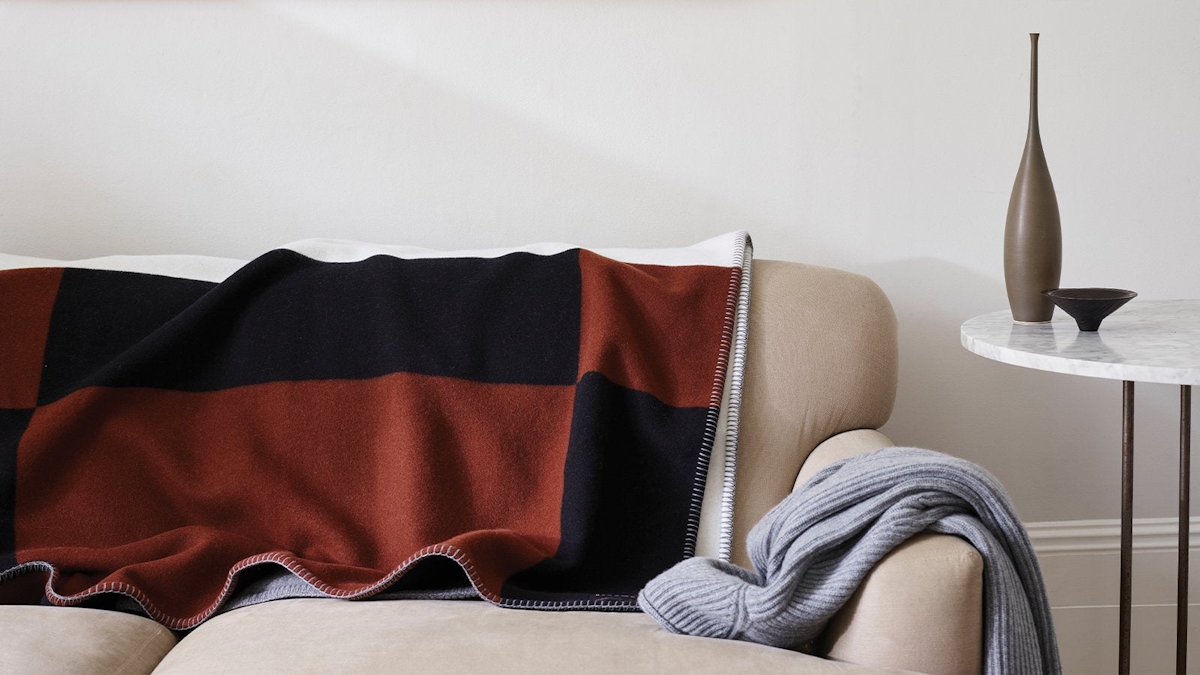What we do during the day also seems to have an effect on our sleep. Daily physical fitness seems to play a major role in our restfulness. TSC suggests that people who exercise five to six times a week are less likely to take sleep medicine.
“Indeed, those who don’t take regular exercise are more likely to sleep badly: 11% of those who exercise less than once every six months sleep very poorly most nights, compared to the 32% of those who exercise daily who say they sleep very well most nights.”
But don’t work out too close to bedtime says, Chris: “It’s also worth bearing in mind that high impact exercise can cause havoc with your sleep patterns so don’t do any for around three hours before hitting the pillow, as this can raise your heart rate, making it trickier to doze off.”
Ready to have the best night’s sleep of your life? Read our guide to dressing the perfect bed here



